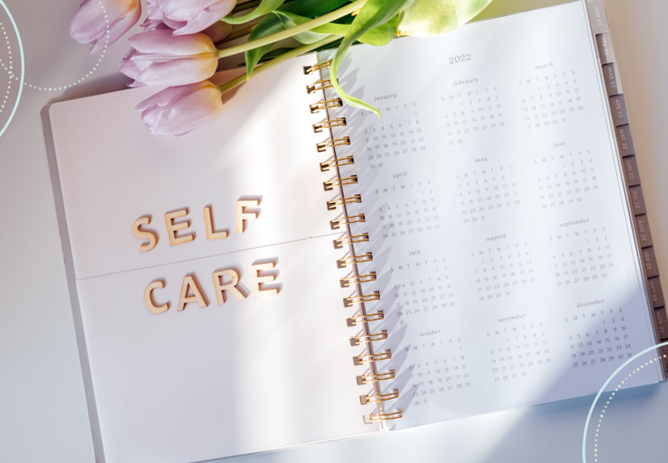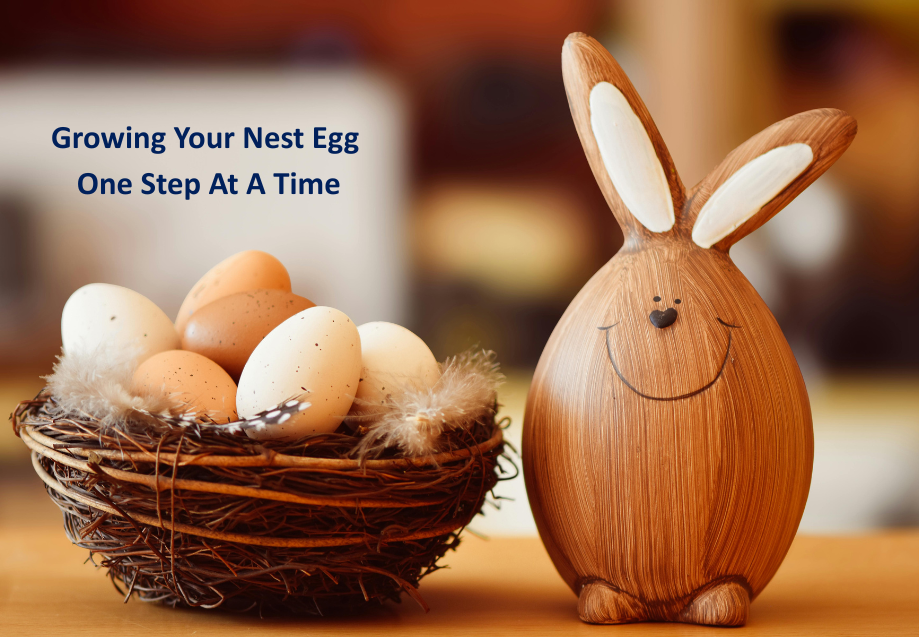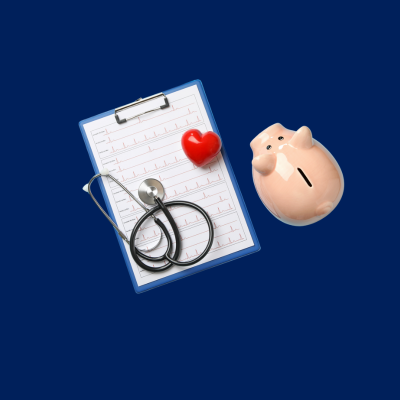20 September 2024
Self-Care Strategies for Teachers
Self-Care Strategies for Teachers
Written by Dr. Michelle Killian, SynerChi
As a new school year begins, the demands on teachers can be overwhelming. Balancing the needs of students, managing classrooms, and meeting administrative expectations often leaves little time for self-care. However, taking care of your own wellbeing is crucial not only for your health but also for your effectiveness as an educator.
In this article, I explore practical strategies that you can integrate into your daily routine to prioritise your mental and emotional wellbeing, ensuring you are equipped to thrive in the challenging months ahead. As teachers, you play a vital role in shaping young minds, but to do that effectively, you first need to take care of your own wellbeing.
Mindset: The foundation for a successful year
Your mindset can greatly influence your experience as a teacher. Embracing a positive, growth-oriented mindset helps you navigate the inevitable challenges of the school year.
• Focus on setting small, achievable goals.
• Remember that setbacks are not roadblocks but rather opportunities for growth.
• Prioritise self-care so you are better equipped to handle the stress of the classroom.
• Practice gratitude. When done regularly, this can greatly enhance your mood and general wellbeing.
• Practice self-compassion. Treating yourself kindly is a powerful source of coping and resilience.
• Practice mindfulness and meditation. Try guided meditations, breathwork or visual meditation to bring peace to your body and mind.
Prioritise Sleep for Improved Health, Wellbeing & Longevity
Busy schedules and tight deadlines often lead to sacrificing sleep during the school year. Good sleep hygiene is crucial for maintaining overall health and building the mental resilience needed to manage daily life, as well as for sustaining energy and focus at work.
• Try to go to bed early.
• Aim for 7-8 hours of sleep.
• Limit screen time in the evening; the blue light emitted from devices can disrupt your sleep.
• Establish a consistent sleep routine by going to bed and waking up at the same time each day, even on weekends.
• Create a relaxing bedtime ritual, such as reading or meditation, to help signal to your body that it’s time to wind down.
Get Moving to Boost Energy and Mood
Regular physical activity is one of the best ways to boost your mood, energy, and resilience.
Research has shown that spending time outside can reduce stress, cortisol levels, muscle tension, and even heart rate. A Harvard T.H. Chan School of Public Health study showed that spending time in nature is linked to better sleep, lower blood pressure and reduced risk of chronic disease.
• Walk or cycle instead of taking the bus or car, even for part of your journey.
• Climb the stairs instead of taking the lift.
• Simple actions like crouching instead of sitting on a chair, dancing, and even playing with your dog can significantly boost your health.
• If you can, get out into nature; green space stimulates different senses and results in mental restoration and increased positive emotions.
• The key is to integrate movement into your everyday life in ways that you genuinely enjoy.
Eat Healthy to Fuel Your Body and Mind
What you eat has a direct impact on your energy levels and cognitive function. A diet rich in whole grains, lean proteins, and fruits and vegetables can boost brain function and combat fatigue.
• Plan your meals and snacks with a balanced mix of nutrients to sustain your energy throughout the day, and keep healthy options like nuts, yoghurt, and fruit readily available to prevent energy slumps.
• Try also to avoid ultra-processed foods high in sugar, additives, and salt.
• Resist ordering takeaways by batch-cooking meals and freezing individual portions. This way, you’ll have healthy options ready to take to work or quickly heat up when you are too tired to cook.
Routine: The Glue That Holds It All Together
Uncertainty can greatly affect both mental and physical health, often resulting in anxiety and feelings of being overwhelmed.
In contrast, maintaining a routine offers a sense of stability and control, which can alleviate stress and foster a sense of calm as well as provide a grounding structure that helps you manage life's challenges more effectively, supporting overall wellbeing.
My own research during the COVID-19 pandemic revealed that teachers and students who adhered to a regular routine reported higher levels of well-being and lower levels of stress than individuals who did not maintain a consistent routine.
• Decide what needs to be in your routine (based on the advice above).
• Consider setting a daily schedule that includes a morning routine to prepare mentally and physically for the day, designated times for meals, and a wind-down period before bed. This structure not only helps you manage your time more effectively but also reinforces positive habits.
• Be prepared by making sure you have everything you need before you start.
Returning to school after a break can be both exciting and overwhelming, but by focusing on your mindset, sleep, exercise, and nutrition, and grounding them in a solid routine, you can ensure that you start the year strong and maintain your health and resilience throughout. Taking care of yourself is the first step to being the best teacher you can be for your students; remember you can’t pour from an empty cup!
Helpful resources:
• Mediation: www.headspace.com
• Meditation & Sleep: www.calm.com
• Sleep: Carol Dweck’s research on fixed versus growth mindsets and how this can benefit you and your students, please check out this 10-minute TED Talk
About the author:
Dr. Michelle Killian is a highly accomplished psychologist, researcher and lecturer with
over a decade of experience in delivering training, educational seminars and workshops
on health and wellbeing. With a Ph.D., a Masters in Business, and a Masters in
Psychology, she brings a unique blend of expertise that allows her to address wellbeing
and personal development from both scientific and business perspectives. Her expertise
lies in empowering individuals to take charge of their health through behavioural change,
with a focus on sleep and circadian rhythms, work-life balance, self-regulation, and stress
adaptation.
Thhis article was first published in the INTO magazine, September 2024







